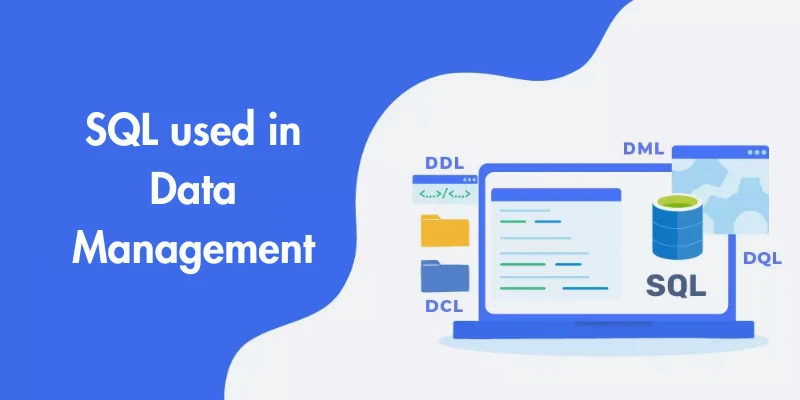
SQL, or Structured Query Language, is the standard language used to communicate with and handle databases. Whether you’re retrieving specific data, updating records, or creating entire databases, SQL provides a powerful and efficient way to handle structured data. It plays an essential role in data analysis, software development, and business intelligence. To build strong expertise in this field, enrolling in a SQL Training in Chennai program is an excellent way to gain practical skills and industry-relevant knowledge.
What is SQL?
SQL (Structured Query Language) is a standardised programming language used to manage relational databases. It allows users to create, read, update, and delete (CRUD) data in databases with precision and control. Initially developed in the 1970s, SQL has become the industry standard for managing structured data.
SQL’s powerful syntax and robust features make it a go-to tool for database administrators, data analysts, developers, and data engineers alike.
Storing and Organising Data
One of the primary uses of SQL in data management is to store and organise data effectively. Through Oracle Training in Chennai, students gain hands-on experience in building tables and organising data using Oracle schemas. These tables can represent various entities, such as customers, products, orders, and transactions.
SQL lets you:
- Define data types and constraints
- Set primary keys and foreign keys.
- Normalize data to avoid duplication.
This organised approach ensures that data is stored consistently and is easily retrievable when needed.
Querying Data Efficiently
At the heart of SQL’s functionality is its ability to query data. Whether you need to pull a single row from a table or aggregate large volumes of records, SQL provides the flexibility to extract precisely what you need.
Key SQL commands used for querying include:
- SELECT: Retrieves data from one or more tables
- WHERE: Filters data based on specific conditions
- JOIN: Combines rows from Several tables based on a related column
- GROUP BY: Aggregates data for reporting purposes
Join our Linux Training in Chennai and enhance your skills to manage Oracle databases and Linux systems efficiently for your career growth.
Ensuring Data Accuracy and Integrity
Data integrity is critical in any system, and SQL includes features specifically designed to uphold it. By using constraints such as NOT NULL, UNIQUE, and CHECK, you can enforce rules on the data being entered.
Additionally, SQL helps in:
- Preventing duplicate entries
- Maintaining accurate relationships between data
- Avoiding invalid or corrupted information
These features ensure your database remains reliable and accurate over time.
Enhancing Data Security
Data breaches and unauthorised permits are significant concerns in today’s digital environment. SQL supports robust user access controls, allowing administrators to grant or limit access based on roles and responsibilities.
Using commands like:
- GRANT: Allows specific privileges to users
- REVOKE: Removes user permissions
You can safeguard sensitive information and ensure only authorised personnel interact with critical data.
Automating Tasks with Stored Procedures and Triggers
SQL isn’t just about querying; it also allows automation. Stored procedures and triggers are reusable SQL blocks that help automate repetitive tasks, such as data validation, logging, or updating related records.
This automation improves:
- Database performance
- Code reusability
- Operational efficiency
In large-scale systems, such features are vital for maintaining seamless workflows and reducing manual intervention.
Supporting Data Analytics and Reporting
In modern businesses, data management extends beyond storage, it also includes analysis and reporting. SQL enables users to execute complex calculations, generate real-time reports, and support business intelligence tools.
Through advanced SQL techniques, such as subqueries, CTEs (Common Table Expressions), and window functions, users can derive meaningful insights directly from raw data, highlighting the many benefits of MySQL in efficient data management.
Why SQL Skills Are in Demand
With the explosion of data across industries, professionals with powerful SQL skills are in high demand. From finance to healthcare, every industry relies on structured data and needs skilled individuals who can manage and manipulate it efficiently.
If you want to gain SQL knowledge, join the Best Training Institute in Chennai to boost your skills and career opportunities.
SQL is a better than just a programming language; it’s a powerful tool that lies at the core of modern data management. It helps store, organise, secure, and analyse data in a way that supports informed decision-making across industries.
Also check: Why is it important in data management in SQL
